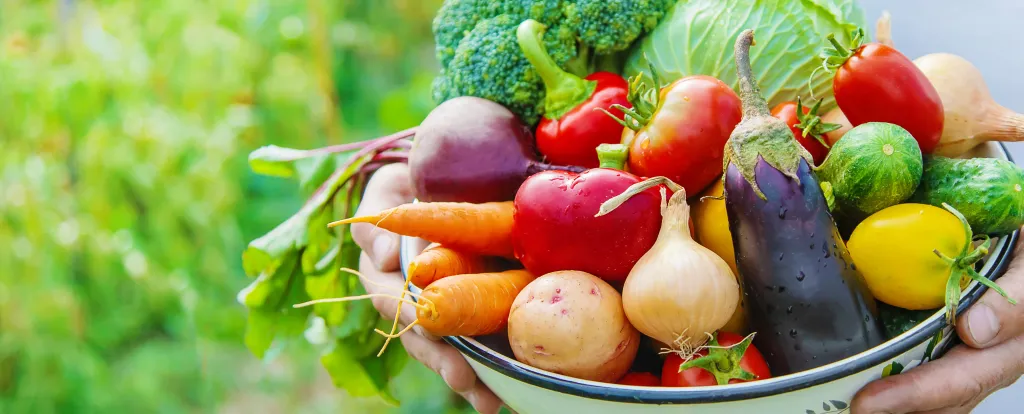Feeding the world – a growing challenge
To keep our food secure, action must be taken to stabilize and protect the food supply chain

By Bruce Bodine, President & CEO, The Mosaic Company
President Trump and Congress recently made several policy moves acknowledging the significance of phosphate and potash, which are necessary inputs for farmers to grow the food we all require. The Administration has designated potash as a mineral of strategic importance, while also exempting USMCA-compliant potash from incoming Canada and Mexico import tariffs and adding phosphate to the list of Annex II tariff-protected minerals. And a bipartisan, bicameral group of senators and representatives signed a letter to Interior Secretary Doug Burgum supporting critical mineral designation for phosphate and potash, stating that “their significance for U.S. national security, food security, and American farmers is especially critical.”
Clearly the U.S. government understands the importance of these minerals. Now, it is time to move a step further and include potash and phosphate on the critical minerals list.
Why is this so critical? These minerals, found below the earth’s surface, provide nutrition to plants and soil as fertilizer. Innovative fertilizers help farmers grow more on existing farmland by playing an irreplaceable role in boosting crop yields and maintaining soil health—and accounting for more than half the food on our plates. Sustainably growing the food the world needs is simply not possible without them.
Because the global population is estimated to grow by almost 1 billion people—to more than 9 billion—by 2050, taking action on food security, already one of the world’s most pressing challenges, is even more imperative. Feeding this many more people will require greater crop yields, and the world can’t rely solely on new farmland to help close the gap. Arable land is finite. Bringing more farmland into production necessitates further deforestation and can have serious implications for biodiversity—which is not environmentally feasible in many parts of the world.
Yet still, there is an education gap making it challenging for people to understand the complexities and urgency at play. Most people are generations removed and miles away from experiencing firsthand how food is grown. Mistaking fertilizer’s purpose with that of other agricultural inputs, such as pesticides, also contributes to a lack of understanding.
Nonetheless, fertilizer will continue to play an essential role in closing the gap. However, just one disruption—whether geopolitical, economic or environmental—can echo across continents, threatening food security and creating chaos. Shocks to nutrient supply do not just pose a risk to crop yields—they put pressure on farmers, strain rural economies, and expose cracks in a nation’s agricultural infrastructure. A weakened domestic food system is a weakened nation.
Complexities and volatility in the food supply chain underscore the vulnerabilities of our interconnected food systems and the criticality of formal and permanent protections. Solving this conundrum requires policymakers to prioritize food security.
By designating phosphate and potash as critical minerals, the Administration would signal that agricultural inputs are at least as important to national interest as other minerals that have been placed under this protection. A critical mineral designation offers long-term protections, streamlines the permitting process for production of these fertilizers and reduces dependence on foreign sources. At the same time, tariff exemptions ensure American farmers have a reliable and affordable supply of essential inputs for their crops.
It falls to the public and private sectors alike to commit to using every tool at their disposal to stabilize food systems—championing collaboration and innovation. We must balance the imperative to boost crop yields with the obligation to preserve our land and water for future generations.
In a world increasingly shaped by extreme weather, geopolitical conflict, and rising populations, the ability to feed people consistently and sustainably is one of the most vital responsibilities any nation can uphold. Contributing to resilient food systems isn’t just for the benefit of one’s own country and people—it is essential for all. Aligning food security and national security, as with these recent safeguards to imported potash supplies, should be a U.S. priority.
Authored by:
Bruce Bodine
President & CEO, The Mosaic Company
The Mosaic Company | Potash Mining | Phosphate Mining | Mosaic Leadership
